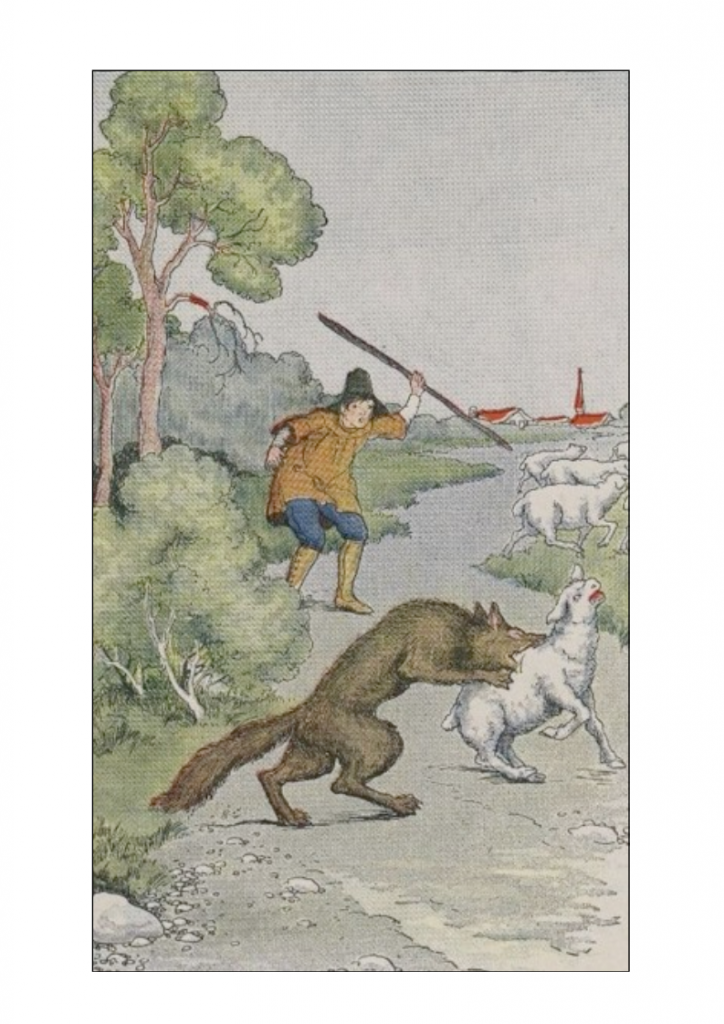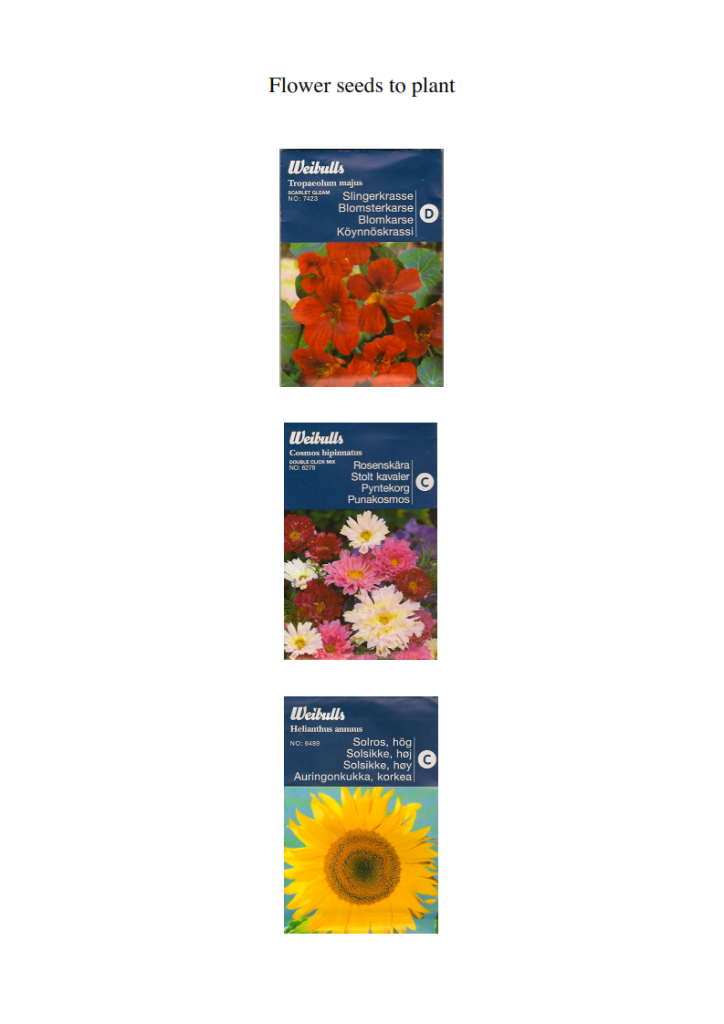Aim to learn about the rewards of honesty and the consequences of dishonesty
Aim
* to learn about the rewards of honesty and the consequences of dishonesty
Materials
• The Boy Who Cried Wolf, by Aesop
• The Empty Pot, by Demi
• Large Pictures from the stories
• key words – honesty, reward, dishonesty, consequence
• worksheet
• small plant pots, potting compost, flower seeds
Lesson Outline
1. The Boy Who Cried Wolf
2. The Empty Pot
3. Activities – worksheet, plant flower seeds
4. Conclusion
5. End with a Prayer
1) The Boy Who Cried Wolf
* A shepherd boy plays a trick. He cries “Wolf!” and the people of the village run to help, but there is no wolf. He does this a second time. But the third time he calls there really is a wolf, but no one comes, because no one believes him.
* Show the large picture. Ask the children if they know the story and can explain it in their own words. Then tell the story.
* Questions
Why did the boy tell a lie?
Why did the villagers believe him at first?
Why didn’t they believe him when a real wolf came?
What was the consequence of his lies?
Why do people lie?
How does God feel when you lie?
How do your parents feel?
* Last week the topic was good and bad habits. A habit is something you do so often that it becomes part of your normal behavior. The shepherd boy had a bad habit. He kept telling lies again and again. That’s why no one believed him. A liar will not be trusted because he has lied so many times.
“A liar will not be believed, even when he speaks the truth.”
2) The Empty Pot
*Long ago in China there was an emperor who wanted to find a successor. Because he loved flowers so much, he decided to have a competition for all children. The one who could grow the best flowers would be the next emperor. He gave each child a special seed and they had one year to grow the best flower. A boy, called Ping, also loved flowers and had the gift of being able to make anything grow. Unfortunately, he couldn’t make anything grow from the emperor’s seed. One year later, when the children returned with many beautiful flowers, Ping brought an empty pot. But he was chosen as the next emperor. He was the only one who had been honest. All the seeds he had given had been cooked and were impossible to grow.
* Questions
Why was it difficult for Ping to face the emperor?
What advice did Ping’s father give him?
Why did the emperor choose Ping?
What was the reward for Ping’s honesty?
Can you remember a time you were honest, even though it was difficult.
Why does God like honest people?
Why do your parents want you to be honest?
* An honest person listens to his conscience and tells the truth even if it is difficult. If you tell the truth again and again it becomes a habit. Ping was ashamed that he couldn’t grow any thing, but he had done his best and told the emperor the truth. He had a good habit.
Because of his honesty and courage, the emperor could trust him to be a worthy successor.
3) Activities
“Honest people can be trusted”
* Worksheet – Colour the picture and write down the moral of each story.
1. Honest people can be trusted
2. A liar will not be believed, even when he speaks the truth
* Plant flower seeds – Give seeds, soil and pots for children to plant seeds. Label the pots. Talk about how to take care of them the way Ping did. Children take the pots home
4) Conclusion
Ask each child what they could learn from today’s lesson. Refer to the lesson aims:
* to learn about the rewards of honesty and the consequences of dishonesty
5) End with a Prayer








